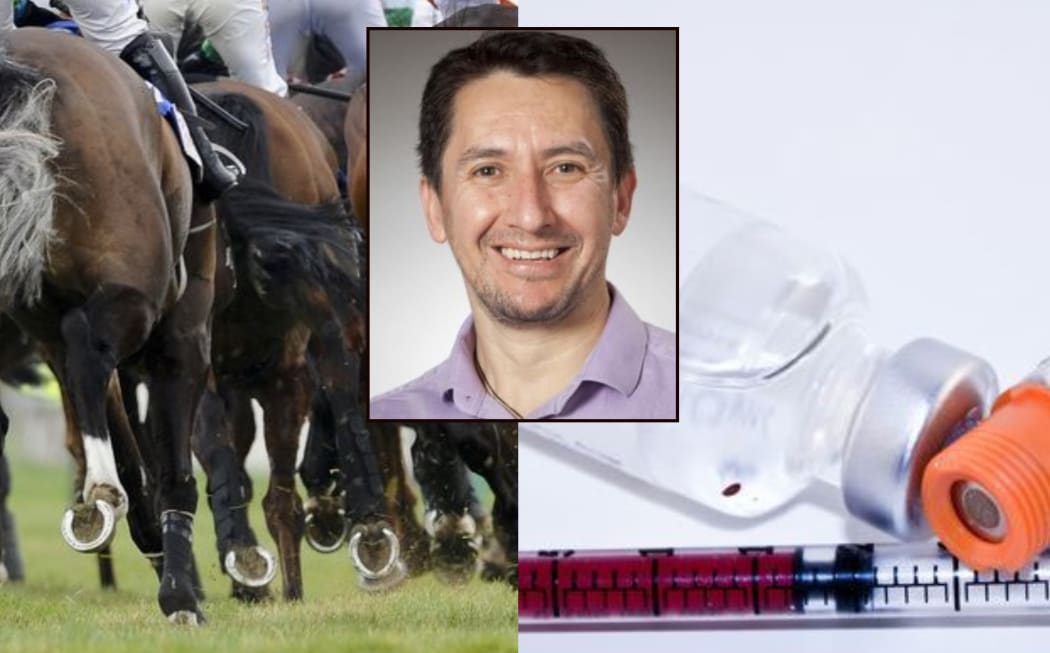The discovery of a compound that kick-starts tissue regeneration could have a big impact on healing horses and humans alike.
Christchurch chemical biologist Rudi Marquez hopes the new wound gel he and other international scientists have developed will eventually be used to treat foot ulcers that can accompany diabetes.

Photo: 123RF, Supplied
The identification of a special protein that enables the skin inside the human mouth to heal quickly, even on a warm wet surface, was how it all began, Marquez tells Kathryn Ryan.
His international research team identified this protein, studied how it worked, then designed a small molecule that can do the same thing.
The wound gel they've designed with this molecule costs very little to make in the lab and only a tiny bit is needed for each treatment, he says.
"[The molecule is] almost like a starter engine, it gets [the healing process] going… gives it a push, gets it moving and then it stops.
"[It doesn't] cause excess granulation or scar formation… it just closes a wound but prevents the formation of that lump of flesh."
The gel has already helped to heal the wounds of diabetic mice, Marquez says, and trials on horses have had very promising results so far.
The skin on horses legs, which doesn't heal well, has a similar weakness to the skin of people with severe diabetes.
The researchers are working to get enough data from horses to apply for clinical trials on humans and regulatory approval but they're facing "an expensive and not a straightforward pathway", he says.

Photo: Public domain
New Zealand has a massive problem with diabetes and currently, there is no specific product available for treating the foot ulcers that many people develop and that can lead to amputation.
Part of the reason is that drug companies shy away from doing anything with human foot ulcers because they are hard to mimic in trials, he says.
"I work at a university so my main drive is not making money. My main drive is coming up with something that works."
UPDATE: The Veterinary Council of New Zealand has approved the gel for trials and he is now waiting for Environmental Protection Agency approval. He hopes it will eventually be commercially produced in Canterbury.

